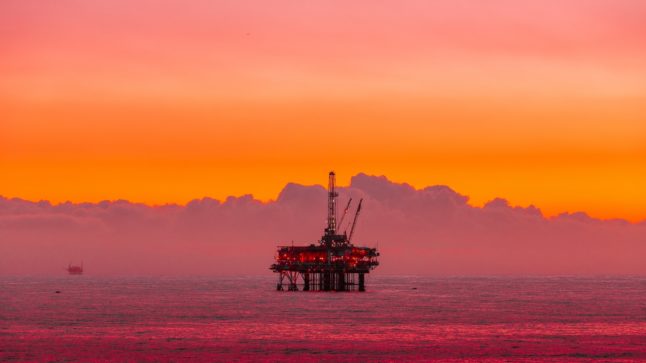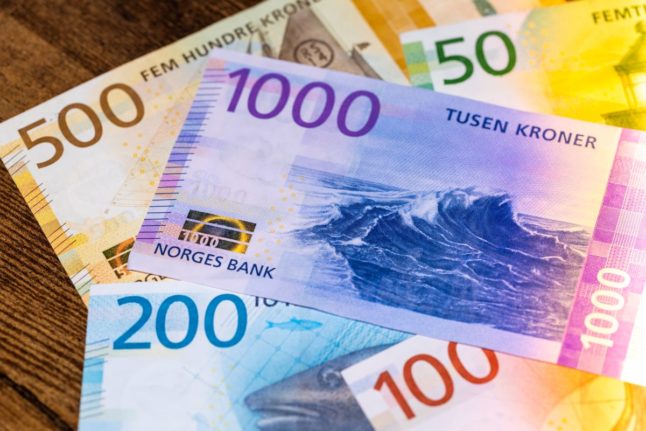The performance, lifted by the financial markets, represented a return of 10 percent and helped boost the fund’s value to 15,299 billion kroner (1,332 billion euros) at the end of June.
In six months, the fund has almost wiped out the huge 1,637 billion kroner loss incurred last year as a result of the war in Ukraine and the global economic downturn.
Norway’s wealth fund is the world’s biggest, according to the Sovereign Wealth Fund Institute, just ahead of two Chinese funds.
Fuelled by revenues from Norway’s state-owned oil and gas companies, the fund is aimed at financing future spending in the generous welfare state.
Since the start of the year, the vast fund has also benefited from the weakening of the krone, which has increased the value of assets held in dollars, euros and other foreign currencies.
In total, the fund’s value increased by 2,870 billion kroner over the first six months of the year. Norges Bank had been set to publish the half-year results on Wednesday, but they were mistakenly sent to the media late Tuesday.



 Please whitelist us to continue reading.
Please whitelist us to continue reading.
Member comments